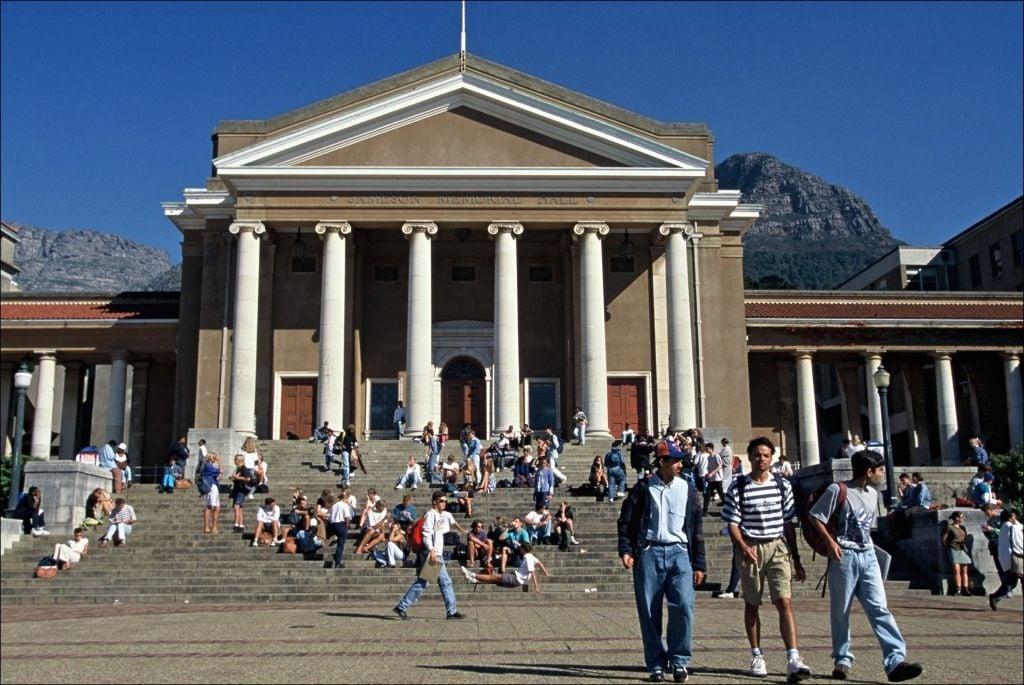Africa-Press – South-Africa. The University of Cape Town (UCT) will not be scrapping the fee blocks for students with historic debt.
UCT’s decision comes after a council meeting on Monday where one of the items discussed on the agenda was the Student Representative Council’s (SRC) proposal that the university “lift” the fee blocks as a blanket concession.
According to UCT spokesperson Elijah Moholola, the university has already increased the fee block threshold from R1 000 to R10 000 for South African students, allowing just over 3 400 to register for the 2023 academic year.
“The further proposal put forward [by] UCT executive on 24 February 2023 to manage fee blocks had been rejected by the SRC prior to this meeting (on Monday). The SRC’s proposal for the complete lifting of all fee blocks was not supported by Council,” Moholola added.
The university said its student fee debt had increased by nearly four-fold, with some making no payments.
UCT’s cumulative historic student debt currently stands at over R385 million.
WATCH | Class in session: UCT calm after police called onto campus to stop protesting students
More than half of this amount is for 2022 fees.
Moholola added:
He said it was critical to ensure the ongoing payment of fees timeously, and that one of the ways of doing so was through the “fee block” policy.
“These interventions enable UCT to remain financially secure to deliver quality education,” UCT said.
“It remains a critical part of the executive’s fiduciary responsibility to ensure that fee debt does not grow year-on-year and that the university does not ‘lend’ recklessly as a result of fee payments not being made,” UCT said.
The university said it would not be in the interests of either the students or the university if they accumulated more debt in 2023, without a payment plan for the existing fee debt.
ALSO READ | Protests, disruptions and violence: Why universities can’t simply scrap student debt
“Tuition fees are the biggest source of income for UCT, followed by government subsidies (which have been declining in recent years), and without converting debt into cash, this will impact the university’s financial sustainability,” Moholola added.
The SRC on Tuesday issued a statement saying they were “shocked” by the decision not to scrap fee blocks.
“It is enraging that the university management and council have no care for poor and black students who are unable to afford the exorbitant costs that are our tuition and accommodation fees,” it added.
On Wednesday, a group of student protesters disrupted lectures on the upper campus after word spread that the university was not planning to scrap fee blocks.
UCT said, while it is keeping fee blocks in place for 2023, the UCT executive had worked hard to maximise eligibility for registration of academically eligible students.
“Since December 2022, UCT has put in place a number of measures that have enabled approximately 4 000 additional students who started out with fee blocks to register for the 2023 academic year,” Moholola said.
These measures include:
“The university is aware of about 1 500 students who are yet to register due to fee blocks. However, some of these are not academically eligible,” Moholola added.
For More News And Analysis About South-Africa Follow Africa-Press






